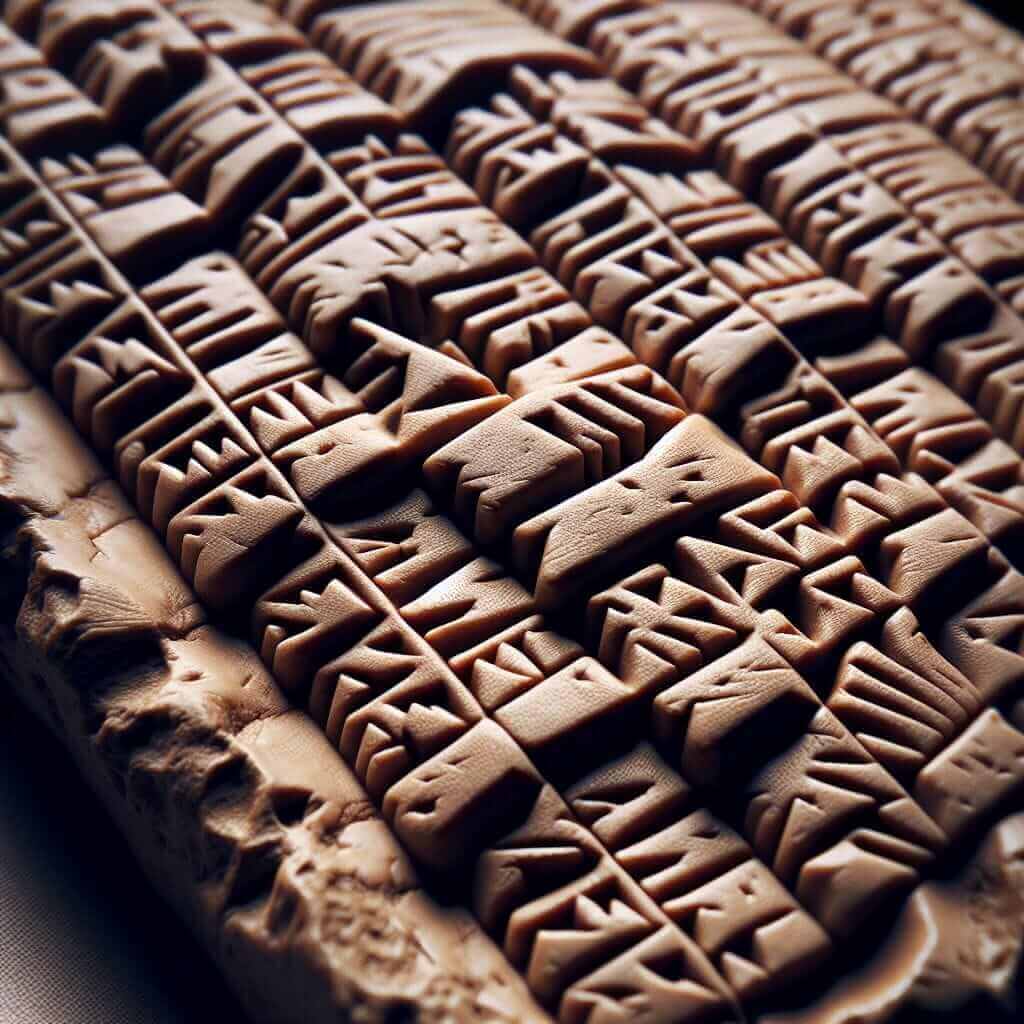As an IELTS instructor with over two decades of experience, I’ve guided countless students toward success in the IELTS Reading section. This crucial component of the exam tests your ability to comprehend complex texts, and “How Did Writing Begin?” is a topic that often surfaces.
This article delves into the intricacies of this fascinating subject, equipping you with the knowledge and strategies to confidently tackle IELTS Reading passages on the origins of writing.
Understanding the Significance: Why “How Did Writing Begin?” Matters in IELTS Reading
The IELTS Reading test assesses your ability to understand and analyze information from academic texts. Passages like “How Did Writing Begin?” are chosen for their rich vocabulary, complex sentence structures, and thought-provoking content.
Mastering this type of passage demonstrates:
- Strong reading comprehension skills: You can extract key information, identify the writer’s purpose, and understand the text’s overall structure.
- Analytical thinking: You can interpret data, make connections between different parts of the text, and form logical conclusions.
- Vocabulary range: You possess a wide-ranging vocabulary to comprehend challenging academic language.
Decoding “How Did Writing Begin?” IELTS Reading Passages
When faced with an IELTS Reading passage about the origins of writing, employ these effective strategies:
1. Skim for Structure and Key Information
- Begin by skimming the passage quickly to identify the main topic, key ideas, and the overall organization of the text.
- Pay close attention to headings, subheadings, and any visuals (e.g., diagrams, timelines) that provide clues to the passage’s structure.
2. Scan for Specific Details
- Once you have a general understanding, move on to scanning the passage for specific details required to answer the questions.
- Look for keywords in the questions and locate them within the passage.
3. Analyze Vocabulary and Sentence Structure
- “How Did Writing Begin?” passages often feature specialized vocabulary related to history, archaeology, and linguistics.
- Break down complex sentences to identify the subject, verb, and object. This will enhance your understanding of the text.
4. Practice Active Reading
- Engage actively with the passage by underlining key ideas, making notes in the margins, and paraphrasing complex information.
- This helps you retain information and identify the writer’s main arguments.
Illustrative Example: Excerpt from a Potential Passage
“The development of writing was a gradual process, emerging from earlier systems of communication like pictograms and ideograms. In Mesopotamia, cuneiform script evolved from clay tokens used for record-keeping…”

Question Type: Completion
Complete the sentence below:
Cuneiform script, used in ancient Mesopotamia, originated from __.
Answer: clay tokens used for record-keeping
Tips for Success: Enhancing Your Performance
- Expand Your Vocabulary: Regularly read academic articles and books on history, science, and culture to enhance your vocabulary.
- Practice Time Management: Allocate your time wisely during the exam. Aim to complete each passage and its corresponding questions within 20 minutes.
- Review Sample Passages: Familiarize yourself with the format and style of IELTS Reading passages by practicing with authentic materials.
Conclusion
Successfully navigating IELTS Reading passages on the origins of writing requires a blend of strategic reading skills, a strong vocabulary, and an understanding of historical context. By implementing the techniques outlined in this article and engaging in consistent practice, you can confidently approach these passages and achieve your desired IELTS score. Remember, preparation is key to unlocking your full potential in the IELTS Reading section.